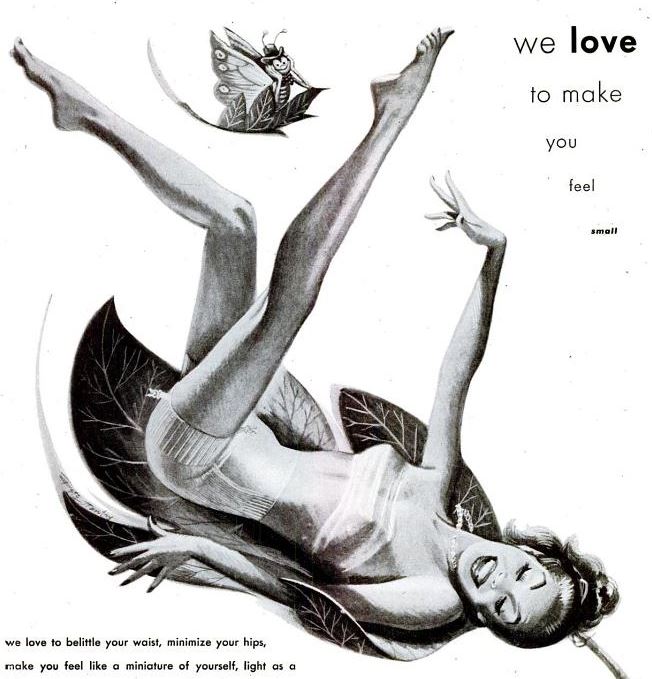
Huston reports that Sartre's volubility was by no means restricted to the written word.
"There was no such thing as a conversation with him; he talked incessantly, and there was no interrupting him. You'd wait for him to catch his breath, but he wouldn't. The words came out in an absolute torrent. You might be able to catch him off guard and get in a point, but if he answered you at all - which was seldom - he would resume his monologue instantly. Sartre spoke no English, and because of the rapidity of his speech, I could barely follow even his basic thought processes. I am sure much of what he said was brilliant. It was never, however, succinct. Everyone's face had a glazed look, even though they all spoke fluent French. It was quite a scene: Sartre himself taking notes... Sometimes I'd leave the room in desperation - on the verge of exhaustion from trying to follow what he was saying; the drone of his voice followed me until I was out of earshot and, when I'd return, he wouldn't even have noticed that I'd been gone."
(Source: John Huston, An Open Book)







